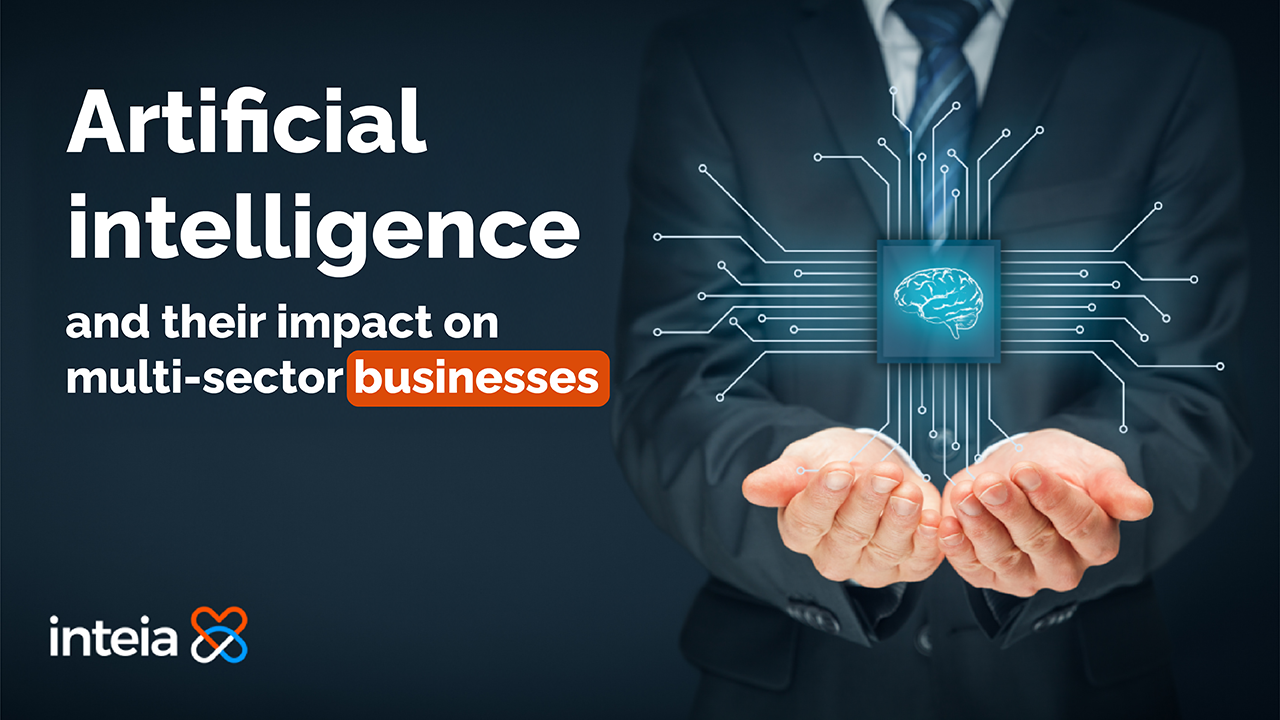#ArtificialIntelligence (AI) has emerged as a key topic in the modern era, reshaping technology and our perception of its influence on society. In this article, we explore how ethics in AI has influenced businesses and companies across various sectors.
Starting with virtual assistants as a transformation in technological interaction, some popular examples include Siri, Google Assistant, and Alexa. These technologies represent some of the most notable advances in modern AI, using natural language processing and machine learning to understand and respond to user questions and commands. From searching for information online to controlling smart devices in our homes or businesses, virtual assistants have revolutionized how we interact with technology, simplifying our lives and enhancing our digital experience.
However, as we rely more on them, ethical questions arise that we must not ignore in a business environment. What happens to the privacy of business data when devices are always listening? How do we ensure that the algorithms behind these assistants don’t perpetuate cultural or gender biases in their responses to customers and employees? Ethics in AI within the business world seeks to address these dilemmas and ensure that virtual assistants are useful but also fair and respectful.
On another front, AI has left a deep mark on medicine and scientific research, but it also significantly impacts the healthcare industry and science-related companies. AI algorithms analyze large medical-data sets, such as MRI scans and electronic health records, to identify patterns and improve diagnostics. Additionally, AI accelerates scientific research by facilitating the discovery of new medications and enhancing understanding complex diseases.
AI’s impact on these sectors raises critical ethical questions. How do we guarantee the confidentiality of patient data and intellectual property in research? How do we prevent business algorithms from contributing to over-medicalization? Ethics in AI in this context involves improving healthcare and research, and ensuring safety and accountability within the business environment.
In the automotive industry, we see the use of AI in autonomous vehicles that rely on advanced AI systems to scan their surroundings and make real-time decisions. As this technology progresses, it could revolutionize how we travel, increasing road safety and reducing traffic congestion.
However, autonomous driving raises ethical questions that require serious reflection in the business context. Who is responsible in the event of an accident caused by a company-owned autonomous vehicle? How do we ensure the safety of pedestrians and other drivers in an environment where AI plays a critical role? Ethical AI in the automotive industry is not just about advanced technology, but also about principles of safety and justice that should guide business decisions.
Therefore, when exploring the use of AI across different sectors, we find that discussing ethics in tools like these is a fundamental challenge for companies today. As AI becomes increasingly integrated into business operations, a key challenge arises, where algorithmic decisions can have significant consequences, from automated hiring decisions to personalizing products and services for customers.
It is essential to address how AI can perpetuate unintentional biases and how we can ensure its ethical and fair use in the business environment. Transparency, fairness, and accountability are key principles in pursuing ethical AI in companies.
It is worth highlighting that organizations are increasingly developing internal policies and regulations that establish guidelines for the responsible development and implementation of AI in their operations. Ethics in AI thus becomes a cornerstone of modern technological and business evolution, ensuring that companies use AI fairly and responsibly to benefit society as a whole.
As we continue to explore the complex and fascinating world of Artificial Intelligence and its influence on business, it is clear that this intersection of technology and ethics will continue to challenge and guide our actions in the business future. That is why it is important to understand that this is a responsability and an opportunity to build companies that prioritize fairness, transparency, and responsible innovation.







